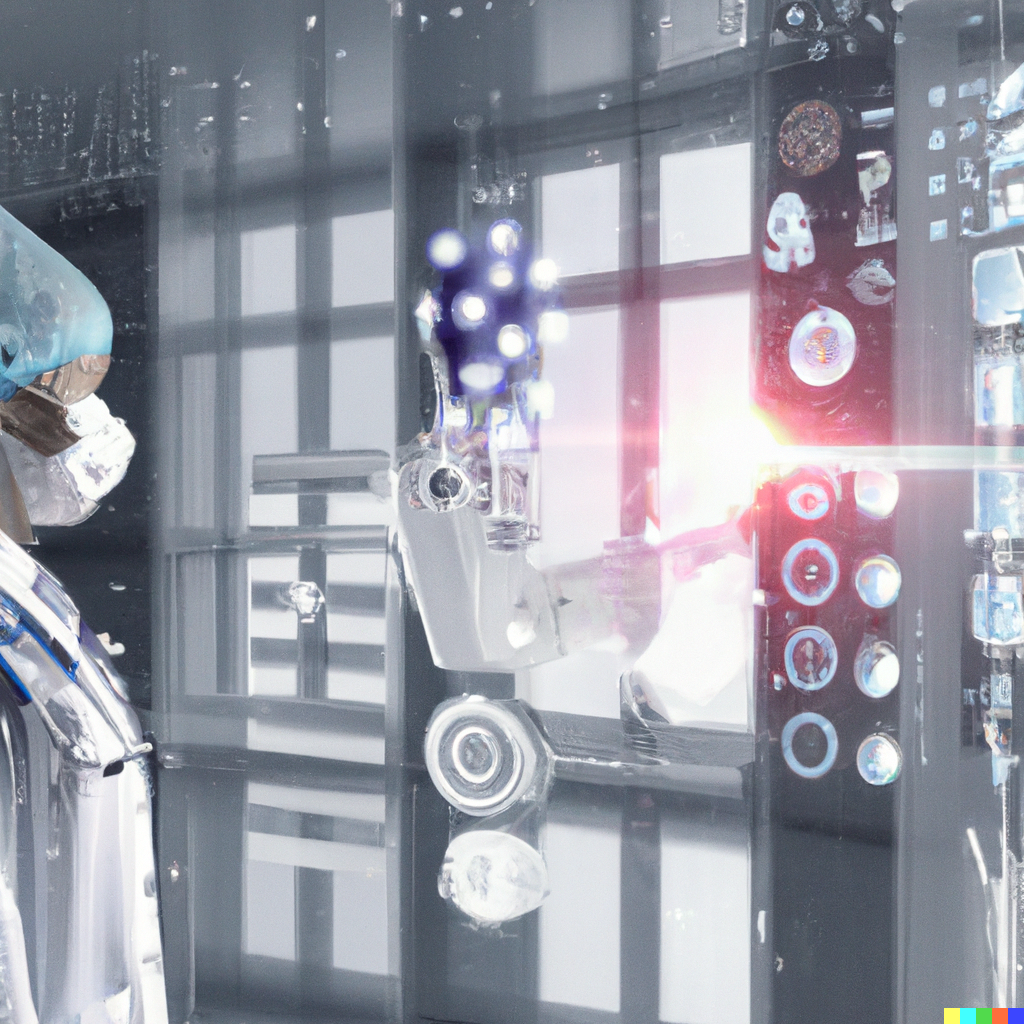Human health can be treated by using a variety of AI technologies. With AI, there is a shift in the way patients are treated by medical practitioners, as they possess an excessive amount of data which can be used to treat them.
AI can be applied to put together prearranged and formless data, through methods combining machine learning and ordinary language. Although the technology is widely used in all types of health-related features, it is significant to note that the most intense applications are in cardiology, neurology, and oncology. Medical professionals such as nurses and doctors have accepted technology to reduce labour-intensive work and give more accurate care and effective care to patients.
With the availability of data, the conventional investigative technique has been restored and an alteration has been made to the medical result manufacturing method. This permits the decision producer to increase unparalleled approaches at the same time as creating a diagnosis with the preparation of the care procedure and treatment variability.
In spite of the fact that computers are not novel, the incorporation of human intelligence and technology without the use of monitors, keyboards, or other devices led to significant transformations in the medical sector.
Way of Changing Healthcare by AI
AI has likely made treatment costs 30% to 40% less. With the addition of Artificial Intelligence, qualified clinicians’ skills can be greatly enhanced, so it adds an additional layer all the way through. Therefore, it is possible to make fewer mistakes on the ground of health care.
Health Records with electronic system:
With the use of electronic health records, healthcare has undergone a significant transformation. In the medical field, clinical documentation takes a long time, but now it is an area that takes up a lot of time. With the option of voice recognition and dictation, combined with natural language output, many attempts and times can be saved. This is a key benefit for doctors as information recovery is an invaluable aspect of AI.
In addition to this, the most notable change is in the way patients are cared for. Now, doctors do not have to worry about drug overdoses or incorrect mixtures or reactions since this data is arranged and saved to be used exactly. It is also helpful for patients with a history of infection since it is easy and provides a warning. With AI patients can easily send notifications to the concerned doctor regarding his/her condition.
Imaginative Medical Diagnostics:
Artificial Intelligence provides a foremost function in facilitating intellect in the radiology images get via scanning machines. Or X-rays, CT, scanners and MRI machines that offer inkstand conditions of the human body, however, these all are not perfect as they are not for all time cable to provide an exact diagnosis. Doctors frequently depend on alternate or extra techniques such as biopsies to achieve improved results about the problem of the patient.
However, AI has totally reconstructed the odds of the scanning machines by supplying extremely correct contributions to the body. Specialists such as pathologists, and doctors are able to arrive at an undisputed conclusion on the style of treatment, and the probability of relief gets highly increased. By means of deep learning algorithms, it is at present probable to make the difference between cancerous and non-cancerous cells more accurately.
The radiologists are able to zoom into the trouble, learn exactly, and can do a bit more than humans might do. By examining the exaggerated region intensely, doctors can arrive at an improved conclusion about the effect of treatment on the close area or what is the condition of the infection where it could go away and make known probabilities of the disease.
Its ability in investigating the affected region and departing deeper into it helps the surgeons too at the same time as they are doing surgeries as they are at the moment capable to obtain better inputs regarding accessing the surgical region.
Work of Virtual Health Assistance
Through Intelligent Virtual Assistants and Medical Virtual Assistants, patient engagement could be elevated to a new level. The presence of health monitors and other procedures that have AI included in them. With Virtual Health Assistance, you can tell patients when to take their medicine, offer medical advice when they have an ordinary illness, suggest that they go on a diet with diet restrictions, tell them their medicine store is finished and they need further prescriptions, and remind them of their doctor appointment. Patients can easily enter medical websites, chat, discuss symptoms, and express health-related queries.
Lastly, we can say AI is going to change healthcare.

